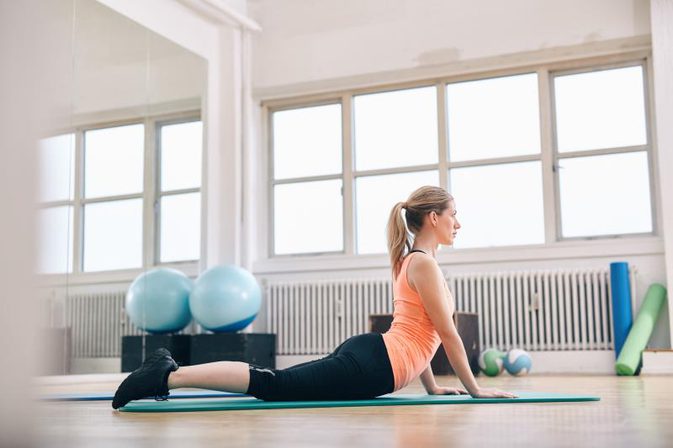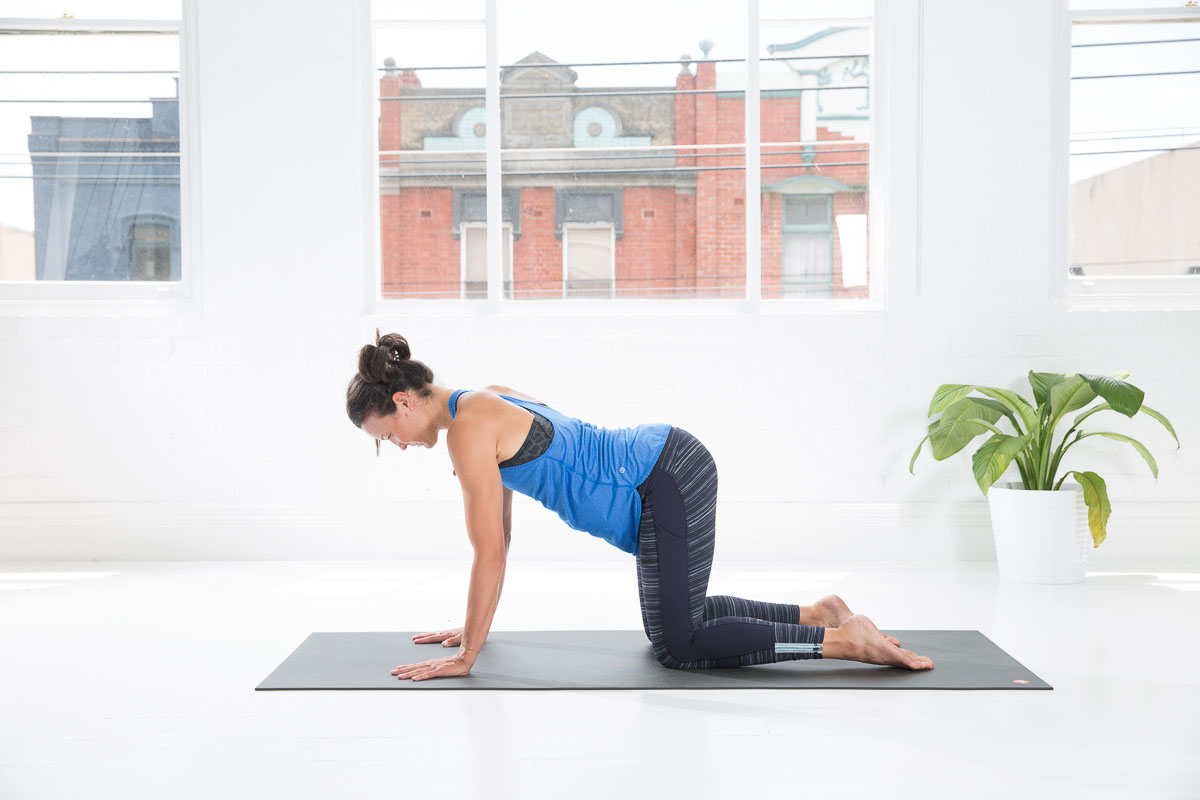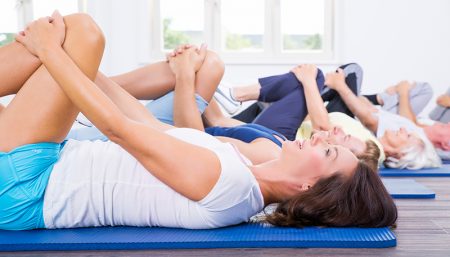
Strong, supple and well-toned: If this doesn’t sound like your back, it could be time to think about the way you move – and change the habits of a lifetime. Little things such as the way we sit at work, or the way we carry our handbag, can have profound effects on our bodies, leading tobackache – or worse. Luckily, posture is easily corrected.
You carry more tension in your back than in any other area of your body. While regular massages help ease stress levels and sootheaching muscles, it’s important to remember that much of that tension is caused by bad posture. Remember that posture doesn’t involve one set position that you should try and maintain all day. Rather, it’s a dynamic, moving framework, constantly adapting and adjusting, depending on the forces it’s exposed to – gravity being the main culprit.
The ideal back has a ‘V’ shape – strong, broad shoulders, tapering down to a trim waistline. For this, you need to concentrate on building up the latissimus dorsi, the rhomboids and the trapezius muscles. When you’re performing back-strengthening exercises, try and keep your back straight, and your abdominal muscles pulled in. This gives you a firm central ‘core’ to work with.
We spend ages in the gym trying to sculpt our legs, arms and torsos, but the ‘out of sight, out of mind’ rule means we almost always overlook our backs. Try these exercises to achieve a firmer, more well-defined back.
1. Standing curl for flexibility
Stand up straight, with your knees soft and arms hanging by your sides. Tuck your chin into your chest and, starting at the nape of your neck, slowly curl your body forward, bit by bit, until your whole spine is curled over and your arms are hanging loosely above your feet. Gently stretching your arms forward will further increase the stretch across your shoulders. Rest there for a few seconds and then begin to unfurl, taking as much time as you did to curl up in the first place.
2. Dorsal raise for lower back strength

Lie face down on the floor with your arms and leg stretched. Raise your left arm and your right leg. Keep them straight and hold for several seconds. Gently them back down to the floor and swap sides so the now raise your right arm and your left leg. Repeat five times, ideally five times a week.
3. Extensor muscles stretch for a shapely lower back
Kneel on all fours with the palms of your hands flat to the floor. Try and keep your back straight and your abdominal muscles tight. Slowly bring one knee forward towards your head, hold for a few moments, then gently extend the same leg backwards so that it is fully extended, leg slightly raised, behind you. Hold again for a few moments. Repeat five times with the same leg, then swap to the other side.
4. Back raises for a toned upper back

Lie flat, face down on the floor. Your arms should be stretched out to the sides, with your elbows at right angles and your palms down, pointing forwards. Slowly raise your head, shoulders and arms off the floor just a couple of inches will be enough. Now, slowly press your shoulder blades together and hold for a moment. Slowly lower yourself back down to the floor and rest for a moment, then repeat ten times.
5. Yoga back rock

After exercising, relieve pressure on your back by gently massaging it, using the floor to help. Lie down on your back and bring your knees up to your stomach, hugging them with your arms. Once you have found a comfortable position, gently roll slightly to one side and then back over to the other. Rocking slowly from side to side like this for a few minutes will keep your spine warm and relaxed.
Finally, don’t expect to transform yourself from hunched hedgehog to graceful swan overnight. Remember that it’s not always possible to alter bad posture dramatically, but just being aware of any problems is a huge step forward.
Disclaimer
The Content is not intended to be a substitute for professional medical advice, diagnosis, or treatment. Always seek the advice of your physician or other qualified health provider with any questions you may have regarding a medical condition.



